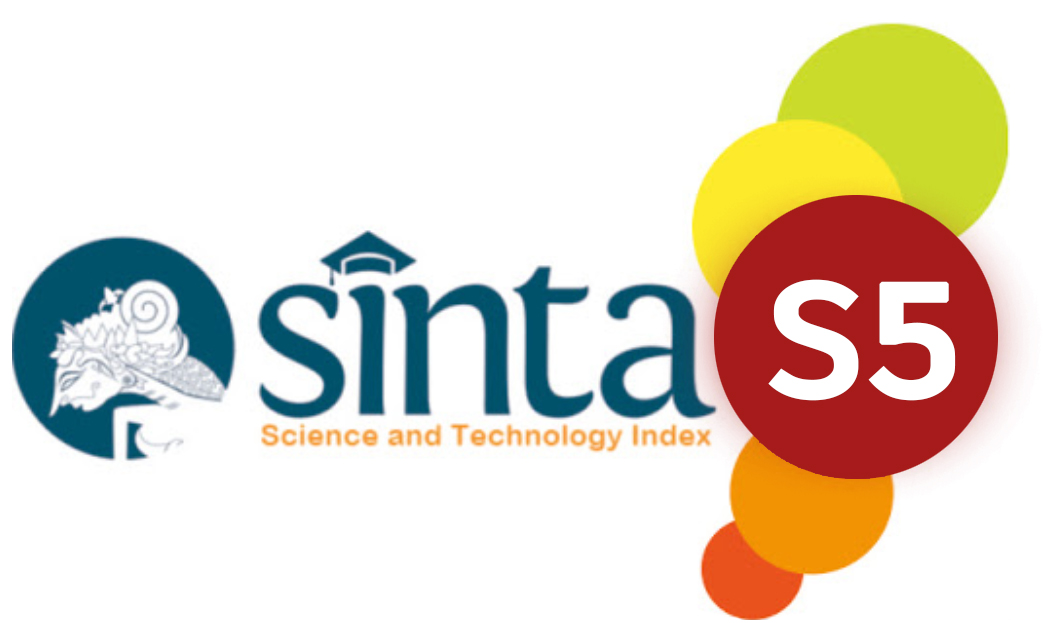TINJAUAN HUKUM EKONOMI SYARIAH TERHADAP MEKANISME PELAKSANAAN RAHN PADA PT PEGADAIAN SYARIAH MEUREUDU PIDIE JAYA
DOI:
https://doi.org/10.61393/heiema.v3i1.196Keywords:
Rahn, Sharia Economic Law, Sharia ProcurementAbstract
Sharia pawnshops are financial institutions whose operations adhere to the principles of sharia economic law, which aims to help government programs improve the welfare of the people, especially the lower middle class by providing the best financial solutions through the distribution of micro, small and medium scale loans on the basis of pawn law. In fact, products in sharia pawnshops have the character of not charging interest in various forms due to usury. However, recently pawnshops have also faced problems, including the public's perception that Sharia Pawnshops are the same as Conventional Pawnshops in their operations. Therefore, the aim of this research is to determine the mechanism for implementing and reviewing sharia economic law regarding the implementation of rahn at PT Pegadaian Syariah Unit Meureudu Pidie Jaya. In collecting data the author used observation and interview methods, the data analysis used used descriptive methods and the writing method used deductive methods. The results of this research show that the mechanism for implementing rahn at PT Pegadaian Syariah Unit Meureudu is generally in accordance with sharia economic law because it is in line with the rules set by the National Sharia Council in Fatwa No.25/DSN-MUI/III/2002 concerning rahn, and several other sources. However, there are several things that must be improved regarding transparency regarding objects that can be used as collateral, so that there is no longer a negative image of society towards sharia pawnshops.
References
Akbar, S., 2004. Metode Penelitian Sosial, (Jakarta: PT. Bumi Aksara), h. 4.
Antonio, S., 2001. Bank Syariah Teori dan Praktek, Jakarta: Gema Insani, h. 128.
Basyir, A., 1983. Hukum Islam tentang Riba, Utang-Piutang gadai, (Bandung: AlMaarif), h. 50
Firdaus, ddk., 2007. Mengatasi masalah dengan pegadaian syariah, (Jakarta: Reinesa), Cet. II, h. 29.
Ghufron, S., 2005. Mengatasi Masalah Tanpa Masalah, Jakarta: Renaisan, h. 13.
Harun, H., 2007. Fiqh Muamalah, (Jakarta: Gaya Media Pratama), h. 256.
Mustafa, E.N, dan dkk., 2007. Pengantar Eksklusif Ekonomi Islam, (Jakarta: Kencana), h. 314.
Moleong, L., 2008. Metode penelitian kualitatif, (Bandung: PT. Remaja Rosdakarya), h. 6.
Sabiq, S., 1987, Fiqih Sunnah 12 (Bandung: PT. Al-Ma’arif) h. 15.
Sudarsono, H., 2015. Bank Dan Lembaga Keuangan Syariah (Yogyakarta: Ekonisia), h. 172.
Suhendi., 2008. Fiqih Muamalah, (Jakarta: PT. Raja Grafindo Persada), h. 106.
Sholikhul, M. H., 2003. Pegadaian Syariah, (Jakarta: Salemba Diniyah), h. 56
Wawancara dengan Febrian Mega Putra, pengelola Pegadaian Syariah Unit Meureudu Pidie Jaya, selasa 25 September 2018, waktu, 09:00 WIB.
Wawancara dengan Feri Gunawan, Marketing Pegadaian Syariah Unit Meureudu Pidie Jaya: sabtu, 13 April 2019, waktu, 12:26 WIB.
Wawancara dengan Reza Fahlevi, Pengelola Pegadaian Syariah Unit Meureudu Pidie Jaya, pada tanggal 06 Februari 2020.
Downloads
Published
How to Cite
Issue
Section
License
Copyright (c) 2024 Zaharullah Zaharullah

This work is licensed under a Creative Commons Attribution 4.0 International License.
























